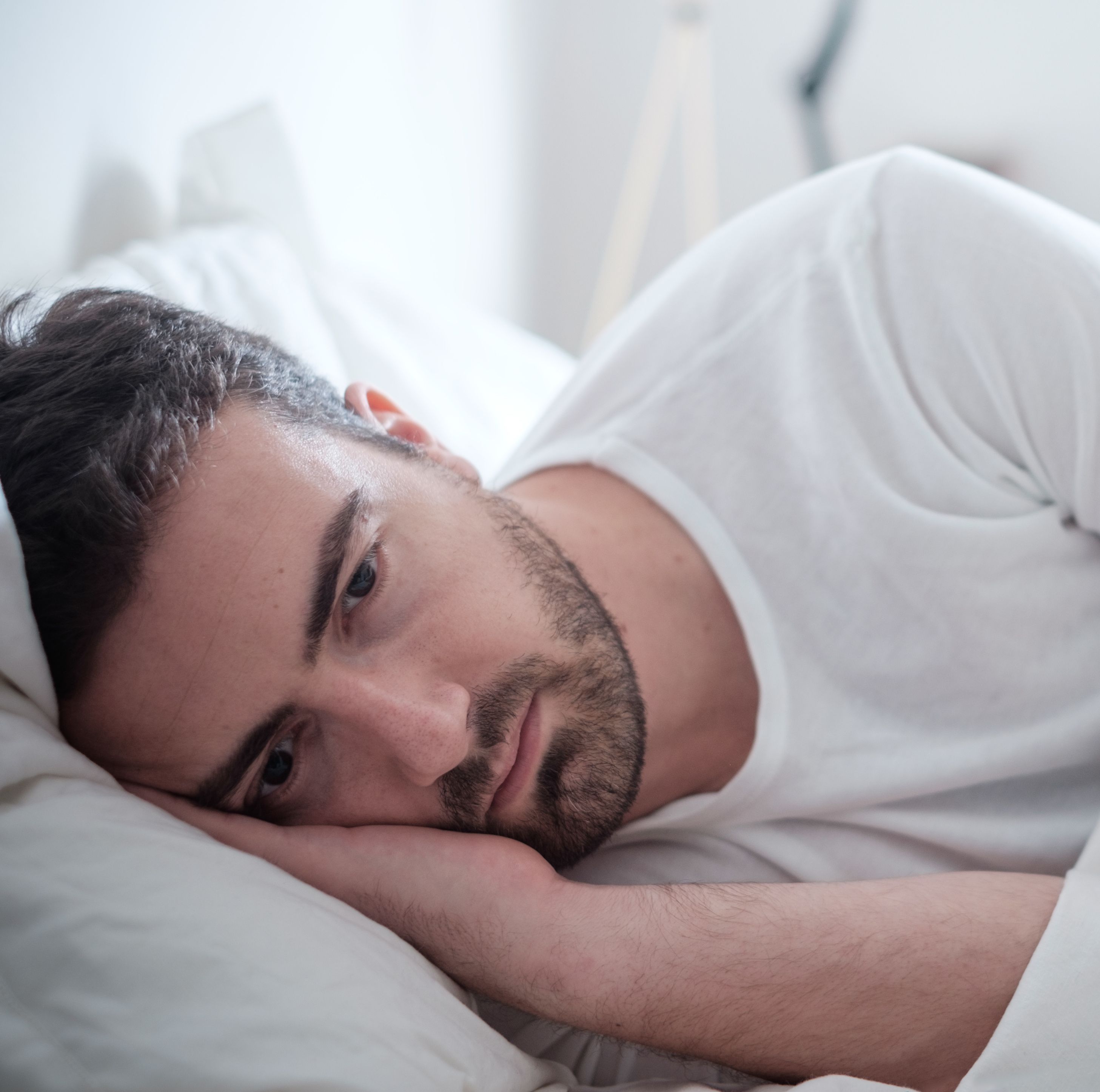Article
Second-Hand Smoke Impacting Sleep Disturbances
Author(s):
The researchers suggested a significant link between second-hand smoke exposure and poor sleep quality, particularly among adolescents.

Exposure to second-hand smoke might cause a number of issues related to sleep.
A team, led by Farhana Safa, Dalla Lana School of Public Health, University of Toronto, investigated the link between second-hand smoke exposure and sleep disturbances.
In the meta-analysis, the investigators examined 5 databases for studies that could help quantify this association.
The team sought primary outcomes of short sleep duration, poor sleep quality, and excessive daytime sleepiness.
The search yielded 1623 total studies, with 12 studies qualifying for qualitative synthesis and 11 studies (12 surveys) with adequate information included in the meta-analysis. The included studies were all cross-sectional and involved a total of 730,808 participants.
The investigators discovered a link between second-hand smoke exposure and short sleep duration (pooled OR, 1.20; 95% CI, 1.09-1.33; P = 0.0003; I2 = 68%; N = 7), as well as excessive daytime sleepiness (pooled OR; 1.07; 95% CI, 1.01—1.13; P = 0.02; I2 = 0%; N = 4) and poor sleep quality (pooled OR, 1.12; 95% CI, 1.01—1.23; P = 0.03; I2 = 79%; N = 10).
In a subgroup analysis, the researchers suggested a significant link between second-hand smoke exposure and poor sleep quality, particularly among adolescents.
However, they did not find this association pronounced in adults.
In addition, there was no significant association observed between poor sleep quality and second-hand smoke exposure when biomarker was used to identify second-hand smoke exposure.
“This study is the first systematic review and meta-analysis to examine the association between [second-hand smoke] exposure and sleep outcomes,” the authors wrote. “Self-reported exposure to [second-hand smoke] is positively associated with [short sleep duration], [excessive daytime sleepiness], and [poor sleep quality], although the effects are modest.”
The investigators said future studies with robust methodology to ascertain exposure information are needed to further shed light on the relationship between second-hand smoke exposure and sleep disturbances.
Earlier this year, researchers discovered a link between sleep duration and asthma attacks.
A team, led by Faith S. Luyster, PhD, University of Pittsburgh School of Nursing, examined the links between sleep duration, patient-reported outcomes, and healthcare use in adults with asthma.
Currently, asthma contributes to significant morbidity and healthcare usage for adults in the US. While research points to insufficient and excessive sleep duration as major contributors to adverse effects on health, there is little known about the impact of sleep duration on health outcomes specifically in adults with asthma.
The investigators found 1389 adults with asthma, 26% of which reported sleep duration, 66% of which reported normal sleep duration, and 8% of which reported long sleep duration.
Some of the demographic information found were that short sleepers were more likely to be younger and non-white, while longer sleepers were more likely to be older, female, and a smoker.
There was a distinct link between sleep duration and various adverse effects related to asthma.
Individuals with short sleep duration had increased asthma attacks (aOR, 1.58; 95% CI, 1.13-2.21, coughing (aOR, 1.95; 95% CI, 1.32-2.87), and overnight hospitalizations (aOR, 2.14; 95% CI, 1.37-3.36) compared to participants with normal sleep duration.
The investigators also reported worse health-related quality of life including days of poor physical health, mental health, and inactivity because of poor health (P <0.05).
On the other hand, those who slept longer had more activity limitation because of wheezing compared to the normal duration sleep group (aOR, 1.82; 95% CI, 1.13-2.91).
The study, “The association between exposure to second-hand smoke and sleep disturbances: A systematic review and meta-analysis,” was published online in Sleep Health.





